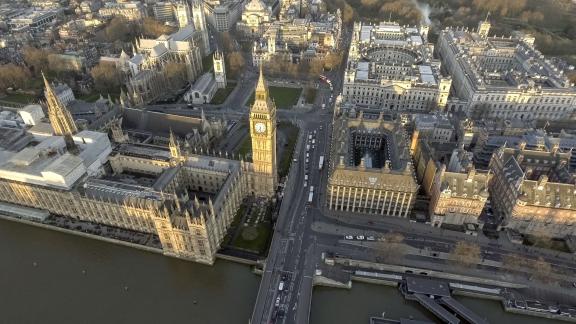NHS Confederation responds to the latest NHS performance statistics

- The total waiting list for procedures and appointments has increased to 7.62 million in June, a rise of 19,137 since May.
- 75.2% of patients were admitted, transferred or discharged from A&E departments within four hours in July, up from 74.6% in June and up on the 74.0% from July 2023.
- There were 2.32 million attendances at A&Es across England in July. There were 552,468 emergency admissions that month.
- 119,409 patients who attended A&E were there for more than 12 hours in July, 8.7% of all attendances. This is down from 135,901 (9.5%) in June and down from 96,260 (7.2%) in July 2023.
- In June, 76.3% of cancer patients were told they had cancer or had it definitively ruled out within 28 days, slightly down from 76.4% in May. This is against the target of 75%. This is up from 73.4% in June 2023. This is the 4th highest month since records began in 2021.
- The backlog of cancer patients waiting over 62 days for week ending 30th June 2024 was 17,759. This is slightly up from 17,709 from week ending 2nd June 2024. This is down from last year – 21,631 for week ending 25th June 2023.
Responding to the latest NHS performance statistics, Rory Deighton, director of acute network at the NHS Confederation, said:
“Health leaders and their teams are continuing to work hard on the ground to ensure patients are getting their needs met. However, with waiting lists rising in June to 7.62 million, these figures are a stark reminder that a decade of underinvestment in estates, workforce and social care, coupled with the pandemic, and more than a year of industrial action has taken its toll on NHS performance.
“This is all taking place as we approach the final stretch of summer, a time where leaders should be preparing for the challenging winter months ahead.
“It is welcome to see the government taking a focused look at NHS performance by enlisting Lord Ara Darzi to review NHS performance. We are looking forward to working with Lord Darzi on this review which will feed into the government’s upcoming 10-year plan for the NHS. Many of the core challenges remain, however, from social care to capital investment, and we are yet to see the impact of GP collective action on the wider system.
“The government has recently put a pause on the New Hospital Programme due to pressure on public finances. This is also coupled with an estimated £3 billion funding gap between the activity the NHS is committed to deliver this year and the funding they have been allocated to deliver it. While it is important to refocus efforts on reviewing the bigger picture on NHS capital, the pause to the delivery of the New Hospitals Programme must be as short as possible and NHS leaders need clarity about timelines if we are to make inroads on the waiting lists.
“And while there looks to be positive news with junior doctors strikes potentially coming to an end, GPs voting for collective action will be of concern to our members who will be wary of the knock on effects this will have on patients and waiting lists. That is why we urge the government and BMA's GP Committee to continue to work together to find solutions to avert this action in the interest of patients."



